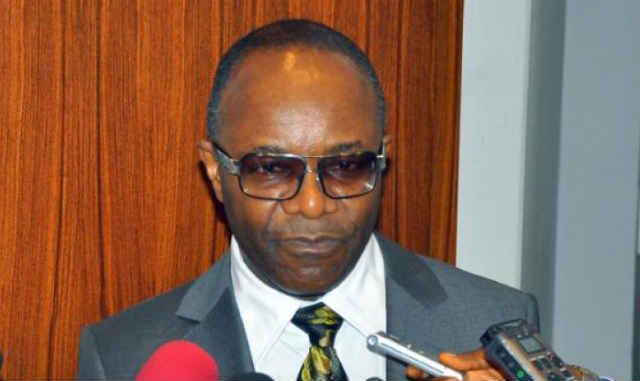 At least 800 companies have bidded for management of 176 gas flare sites in Nigeria, the Minister of State for Petroleum Resources, Ibe Kachikwu has revealed.
At least 800 companies have bidded for management of 176 gas flare sites in Nigeria, the Minister of State for Petroleum Resources, Ibe Kachikwu has revealed.
Kachikwu shared this in Abuja yesterday.
He disclosed that the government was doing all it can to eradicate gas flaring in Nigeria by next year, 10 years ahead of the United Nation’s deadline.
His words, “Over 800 companies have expressed interest to manage about 176 gas flare sites and out of the total companies, about 226 have paid the stipulated fees and their bids had been received,”
“Premised on the foregoing, the policy position of His Excellency, President Muhammad Buhari, is that gas flaring is totally unacceptable.
“In this regard, the Federal Government of Nigeria, initiated a number of actions to reaffirm its commitment to ending the practice of gas flaring in our oil fields.
“Furthermore, in recognition that flared gas could be harnessed to stimulate economic growth, drive investments and provide jobs in oil producing communities and indeed for Nigerians through the utilisation of widely available innovative technologies.
“The Federal Executive Council in June 2016, approved the Nigerian Gas Flare Commercialisation Programme, NGFCP,”
“We must stop gas flare and other hazards associated with gas flaring in Nigeria. We must also ensure that oil and gas production do not become harmful to our citizens,”
“The policy objective is to move to market-led wholesale gas pricing without gas price regulation, except where there are natural monopolies,”
“Overall, the NGFCP potential GDP impact is estimated at approximately $1 billion per annum. Assuming average project sizes in the range of $10-40 million, the NGFCP has a potential of triggering around 70 to 89 projects.
“And over a 1 – 2 year period, the NGFCP could generate approximately 300,000 direct and indirect jobs.
“Provide six million households with clean energy, particularly in unlocking LPG (cooking gas i.e. produce 600,000 metric tonnes, MT, of LPG per year). Once operational, projects launched under the NCFCP would reduce Nigeria’s emissions by approximately 13 million tons of CO2 per year.”
Support InfoStride News' Credible Journalism: Only credible journalism can guarantee a fair, accountable and transparent society, including democracy and government. It involves a lot of efforts and money. We need your support. Click here to Donate
